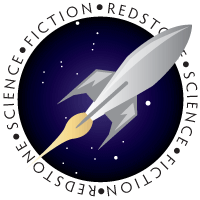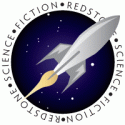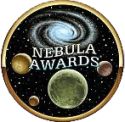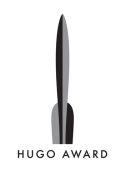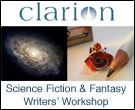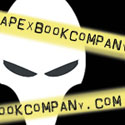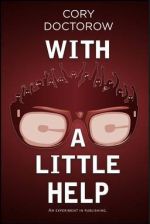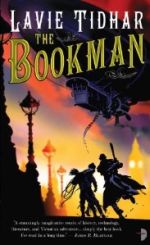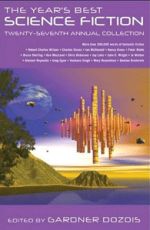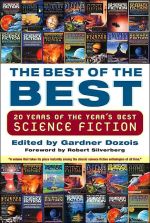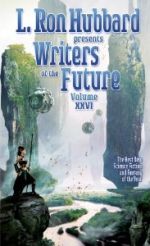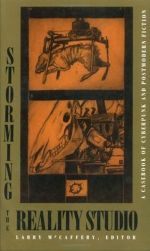An Interview with Lou Anders
Lou Anders is the editorial director of Prometheus Books’ groundbreaking science fiction and fantasy imprint Pyr, as well as many anthologies, including the forthcoming volumes Masked (Gallery Books, July 2010) and Swords & Dark Magic (Eos, June 2010, co-edited with Jonathan Strahan). Lou is a four-time Hugo Award nominee, a Philip K. Dick Award nominee, a World Fantasy Award nominee, and a Chelsey Award winning art director.
Is the life and work of a sci-fi editor at all like you imagined it would be? What are the best and worst parts of the job?
I’m not sure I imagined doing this at all. As a kid I wanted to be either James Bond or Batman, and in college I fell in love with acting and directing. I came into the field backwards, through a series of career shifts, from playwriting to journalism and screenwriting to the dot com industry to freelance anthology editing to here. At each stage, it was always throw myself in and sink-or-swim, so I didn’t have a lot of lead time to imagine what was around the corner. I do remember telling my boss when I was hired that I thought I could do the job utilizing about a third of my day. Ha ! (In my defense, it was initially conceived as a much smaller list and ramped up very fast after I was onboard. Hmmm, could that have been deliberate?).
As to the best and worst parts: The best part—finding a book that has me leaping out of my chair with excitement, a manuscript so good I forget to edit it and just get caught up in the action, then sharing that book with the world. Equal to this is the pleasure (and honor) of working with some of the world’s top illustrators when it comes to creating a cover for these books. At such moments, I am the luckiest guy on earth. The worst part—when something brilliant and deserving fails to catch and find its audience. Nothing more painful.
Within the last few years, the number of fantasy works set in our present day world, but with magical tweaks, has surged dramatically (as have romance hybrids). Do you think something like this will happen with sci-fi as well?
Well, we’ve already been through a wave of “techno-thriller” novels, with a lot of the big names of SF forgoing space for the near future. Greg Bear, David Brin, William Gibson have all been writing novels set in the present, Neal Stephenson even went back into the past for “historical science fiction”. I don’t want to misquote him but I believe Robert J. Sawyer has said something to the effect that he intends all (or most) of his forthcoming work to be like this. As to romance hybrids, I did recently notice a “my boyfriend is an alien” type novel on the mass market tree display in B&N last week, packaged exactly like an urban fantasy only with tentacles. I’m surprised there isn’t more of an SF incursion into urban fantasy already, as that crowd pushes out further from vampires and werewolves. But we’ve also had a flowering of space opera, perhaps coming out of that now. And parallel universe novels, with its sub-sub-genre of steampunk, are all the rage.
Given the wide range of sci-fi from Anne McCaffrey’s Pern to the work of Alastair Reynolds, how do you define sci-fi? Would you include steampunk without obvious fantasy elements, for instance?
Science fiction is always easier to identify at its center than at its edge, and I feel strongly that definitions need to be descriptive not prescriptive, talking about what it does rather than what it isn’t. My favorite definition is Frederik Pohl’s, which I’ll share here:
“Does the story tell me something worth knowing, that I had not known before, about the relationship between man and technology? Does it enlighten me on some area of science where I had been in the dark? Does it open a new horizon for my thinking? Does it lead me to think new kinds of thoughts, that I would not otherwise perhaps have thought at all? Does it suggest possibilities about the alternative possible future courses my world can take? Does it illuminate events and trends of today, by showing me where they may lead tomorrow? Does it give me a fresh and objective point of view on my own world and culture, perhaps by letting me see it through the eyes of a different kind of creature entirely, from a planet light-years away? — These qualities are not only among those which make science fiction good, they are what make it unique. Be it never so beautifully written, a story is not a good science fiction story unless it rates high in at least some of these aspects. The content of the story is as valid a criterion as the style.”
May 31, 2010 16 Comments

